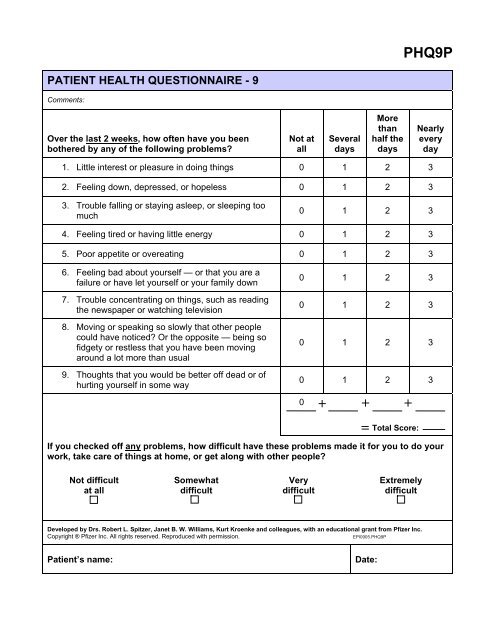My client told me on the Monday before Thanksgiving, "I hate the holidays. I just hate them."
We talked during our meeting about the holiday blues and what the factors are that contribute to them.
"What makes you hate them," I asked.
At first she repeated herself, "I just hate them. That's all."
I said, "What sets it off for you?"
She said, "Everyone expects you to be happy and I just feel sad."
"What makes you sad," I said.
"I miss my mother," she said. The client is 46 and her mother died when she was 11, 35 years ago.
"Tell me about her," I asked.
And she did. We talked about her memories of her mother and all her other losses since then.
The holidays brings the sadness engendered by losses as we miss the people we are attached to.
I said, "How do your honor the people you lost at this time of year?"
She said, "I don't. I am not in the mood."
"Well, maybe you could," I said. "The physical body dies but the person's spirit lives in the stories we tell about their values, their beliefs, their ways of doing things. Remembering these things makes our life richer, more vibrant, more meaningful, more joyful."
"Yeah, well..." she said.
I said, "We've got five more minutes. Anything else before we finish today?"
"No, I guess not, but I feel better," she said.
For more about the holiday blues, click here.





